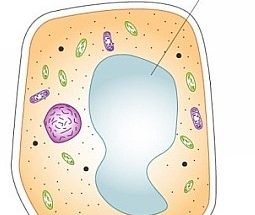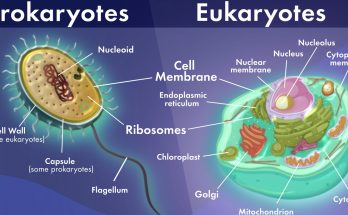
Vacuoles – Definition, Functions, Types, Significance And Location
Vacuoles are membrane-bound organelles found in the cells. They have a wide range of functions like storing and releasing various substances, regulating ion and pH balance and supporting the cell’s structure. Vacuoles come in different types and sizes. Understanding the definition, functions, types, significance and location of vacuoles is important in comprehending their role in cellular processes.
Vacuoles – Definition, Functions, Types, Significance And Location Read More